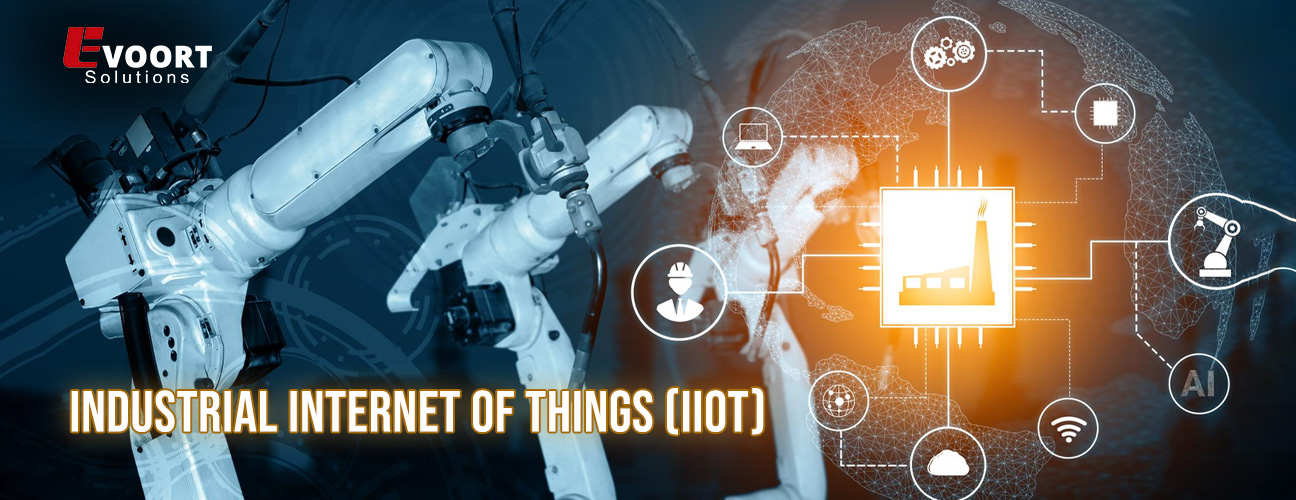
Smart Manufacturing Soars: Embracing Industrial IoT for Profitable Business Models
Table of Contents
In 2024, the projected deployment of Internet of Things (IoT) devices is expected to reach 41.76 billion, as reported by ReportLinker. A Industrial Internet of Things (IIoT) lies in the manufacturing sector according to estimations by Guidehouse Insights, the global IoT market in manufacturing is forecasted to reach $23.1 billion by 2031, with a compound annual growth rate (CAGR) of 15.0%. The advent of Industry 5.0 is underway, promising enhanced competitiveness among companies.
A study by McKinsey reveals that IoT is positioned to deliver $1.3 trillion in economic value to the manufacturing sector. Standardized production settings are among the benefits, necessitating scale for comprehensive implementation.
McKinsey's research also indicates that the potential global economic value unlocked by IoT by 2030 could range from $5.5 trillion to $12.6 trillion. However, challenges exist in the form of machinery upgrade costs, investment optimization, and cybersecurity risks.
The primary application of Industrial Internet of Things (IIoT) lies in the manufacturing sector, where internet connectivity and sensors monitoring production processes, including temperature, humidity, noise, and vibrations, can significantly enhance productivity.
Let's delve into various IIoT trends in manufacturing:
Transforming IoT Business Model:
Industrial IoT solutions enhance factory performance and key business metrics. IoT acts as an automation catalyst, enabling manufacturers to innovate in their business models. Strategies encompassing the product, supply chain, and manufacturing aspects are crucial for a clear IoT adoption strategy.
Predictive Maintenance & Performance Tracking:
In 2024, there is a notable shift towards predictive maintenance and performance tracking in products and plants. Big enterprises are heavily investing in IoT and IIoT infrastructures, enabling end-to-end production process tracking through deep analytics and machine learning technologies
Augmented Reality (AR) and Virtual Reality (VR):
AR and VR technologies are employed for immersive training, remote assistance, and collaboration in the manufacturing sector. Integration with IoT allows real-time visualization of breakdowns, asset management, space optimization, and employee training, contributing to higher profits and decreased costs.
Big Data Insights for Optimization:
IoT technology collects data, and Industrial Big Data is central to Industry 5.0. Despite challenges, Big Data insights from IoT devices are crucial for optimizing manufacturing processes, offering deeper insights into production and supply chain aspects.
Edge Computing:
The manufacturing industry anticipates the implementation of edge computing for automation. Edge computing enhances manufacturing processes by processing data locally, ensuring real-time action plans. This trend minimizes the risk of data leaving the factory premises, enhancing security and efficiency.
As the driving force behind this insightful exploration of Industrial Internet of Things (IIoT) trends in manufacturing, Evoort Solutions stands at the forefront of innovative solutions for industrial connectivity and automation.
With a keen eye on the evolving landscape of IoT, Evoort Solutions is committed to transforming businesses through cutting-edge technologies. As we navigate the projected deployment of 41.76 billion IoT devices in 2024 and anticipate the $23.1 billion global IoT market in manufacturing by 2031, Evoort Solutions emerges as a beacon of expertise in harnessing the potential of Industry 5.0.
